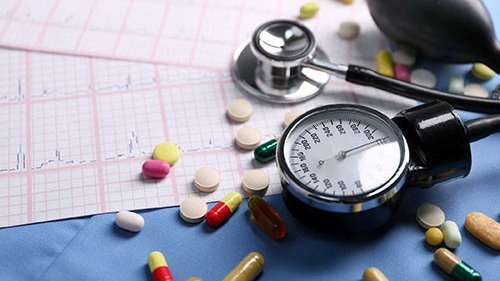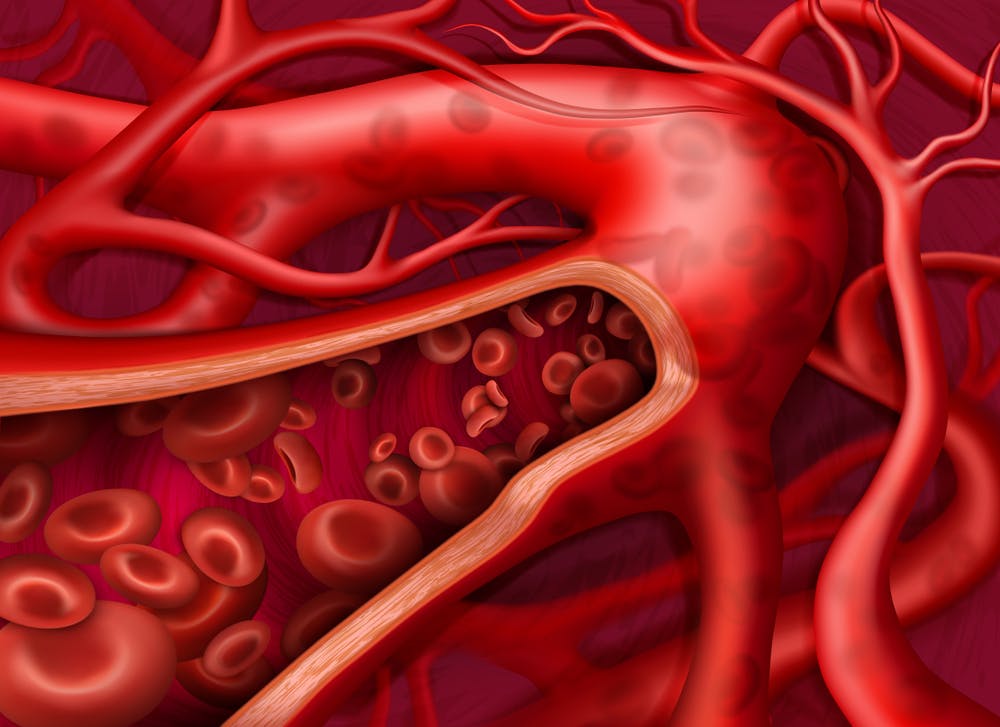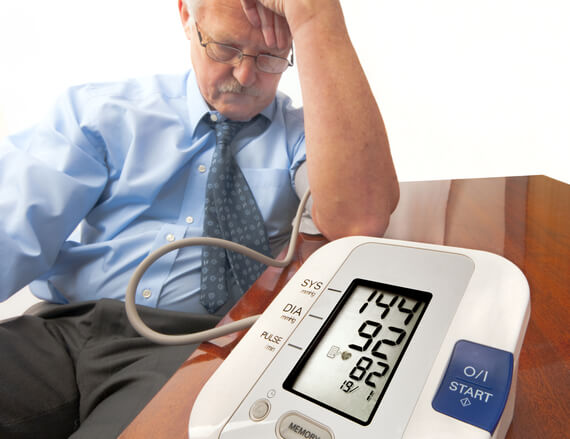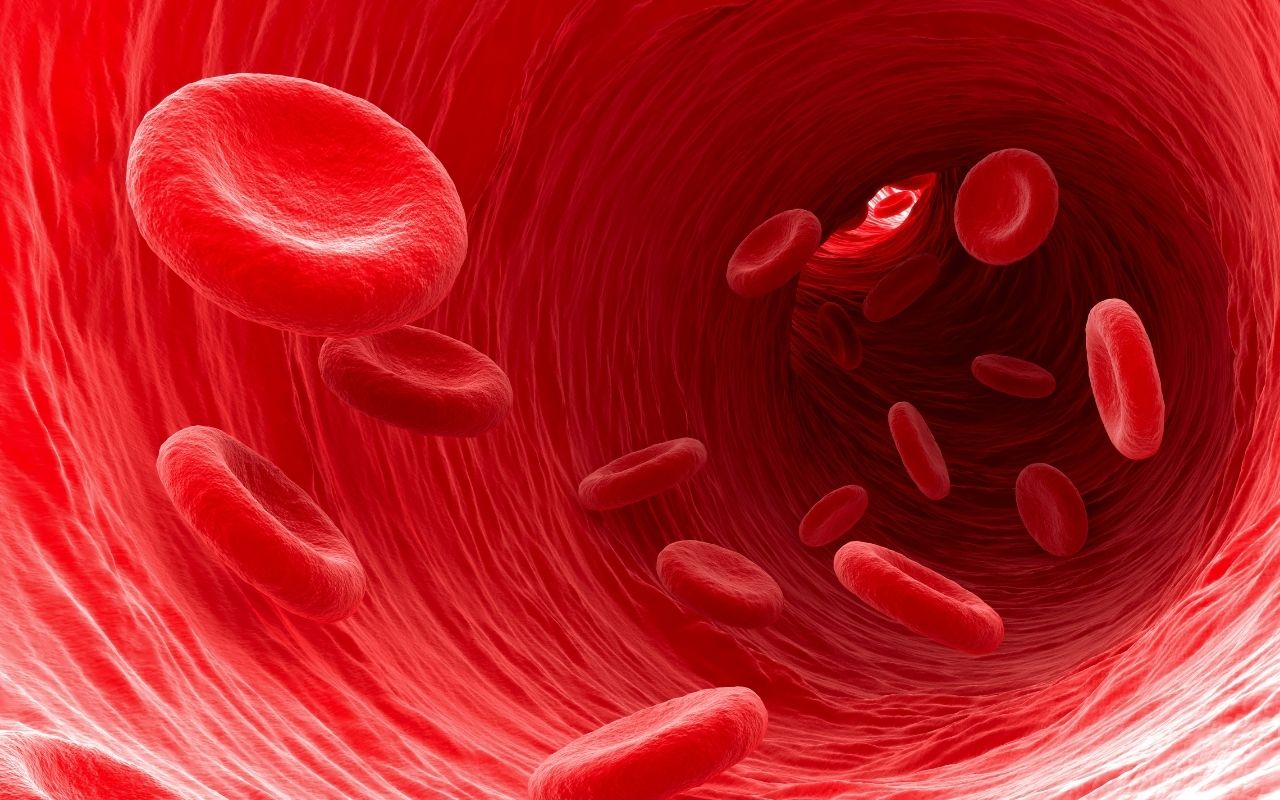What most people don’t realize is that every time you stop taking blood pressure medication, you are essentially gambling with your life, exposing yourself to serious, sometimes fatal complications.
This article will explain why you should never discontinue blood pressure medication without medical advice, the hidden dangers involved, and how to manage hypertension safely and sustainably.
Why Is It Vital to Consistently Take Blood Pressure Medication?
High blood pressure (hypertension) is a chronic condition—it cannot be cured, only managed effectively with medication and a healthy lifestyle.
Blood pressure medications work to:
- Reduce pressure on blood vessel walls, protecting vital organs like the heart, brain, and kidneys
- Prevent complications such as stroke, heart attack, heart failure, and kidney disease
- Stabilize blood pressure over the long term, minimizing dangerous fluctuations
Even if your blood pressure readings return to normal, it is largely due to the medication. Discontinuing it will often lead to a quick rebound—and sometimes worse outcomes, as existing vascular damage may worsen silently.
Serious Consequences of Stopping Blood Pressure Medication
Discontinuing your prescribed medication can lead to dangerous and even life-threatening consequences:
Rebound Hypertension
When you abruptly stop taking your medication, your body struggles to adjust, often resulting in a sudden spike in blood pressure that can be higher than before treatment.
This “rebound hypertension” can trigger:
- Acute strokes (brain hemorrhage or blockage)
- Heart attacks due to sudden oxygen deprivation to heart tissue
- Acute heart failure or pulmonary edema
Rebound hypertension can occur within 48–72 hours of stopping medication.
Stroke and Heart Attack
Sudden spikes in blood pressure increase the risk of:
- Stroke: Bursting weakened brain blood vessels (hemorrhagic stroke) or blocking them with clots (ischemic stroke)
- Heart Attack: Plaque rupture and clot formation in coronary arteries, cutting off blood supply to the heart muscle
Both complications:
- Often happen without warning
- Can cause death or leave survivors with severe disabilities like paralysis, speech loss, or cognitive impairments

Stopping blood pressure medication without medical advice increases the risk of stroke
Irreversible Organ Damage
Long-term uncontrolled hypertension silently damages:
- The heart: causing left ventricular hypertrophy and eventual heart failure
- The kidneys: leading to chronic kidney disease
- The eyes: causing retinal hemorrhage and potential blindness
- The brain: contributing to chronic ischemia and dementia
Many of these conditions are irreversible, even if blood pressure is later brought under control.
Why Do Patients Stop Taking Blood Pressure Medication?
Despite understanding the importance of treatment, many patients still discontinue their medications for various reasons:
- Feeling healthy: Believing that normal readings mean they no longer need treatment
- Fear of side effects: Experiencing issues like fatigue, coughing, or swelling and not discussing them with a doctor
- Forgetfulness: Busy lifestyles lead to missed doses or inconsistent usage
- Resistance to long-term medication: Fear of “dependence” or perceived harm to the liver or kidneys
- Misinformation: Following unscientific advice promoting “natural cures” or detox treatments
Each of these reasons carries serious risks if not properly addressed.
How to Manage Blood Pressure Safely and Sustainably
Strictly Follow Medical Instructions
- Take the prescribed medication correctly—right dose, right time, without missing doses
- Never reduce, switch, or stop medication without consulting your doctor
- Always carry your medication when traveling
Regular Medical Checkups
- See your healthcare provider every 1–3 months or as advised
- Monitor blood pressure at home, record readings, and bring them to appointments
- Report any side effects immediately for possible adjustments
Maintain a Healthy Lifestyle
- Reduce salt intake to under 5 grams (one teaspoon) per day
- Eat more vegetables, fruits, and whole grains while limiting saturated fats and refined sugars
- Exercise regularly: at least 150 minutes of moderate exercise like brisk walking or cycling per week
- Maintain a healthy weight to avoid extra cardiovascular strain
- Manage stress and ensure sufficient sleep
- Limit alcohol consumption and quit smoking
Adopt a Positive Mindset
- Recognize that hypertension requires lifelong management, not just short-term treatment
- View medication as part of your daily wellness routine, not a burden
- Join support groups or health clubs to stay motivated and informed

Living positively will be a factor that improves blood pressure treatment
When Can Medication Be Adjusted or Reduced?
In some cases, when a patient consistently manages their blood pressure well through medication and lifestyle changes, the doctor may:
- Gradually reduce the dosage
- Switch to lower-dose or combination medications
- Closely monitor to prevent rebound hypertension
However, never attempt dose reduction or discontinuation without explicit medical guidance.
Every time you stop taking blood pressure medication, you gamble with your life. No matter how healthy you feel, discontinuing your medication on your own dramatically increases your risk of stroke, heart attack, and irreversible organ damage.
Value your health by adhering to treatment, scheduling regular checkups, and leading a balanced lifestyle. These practices will not only control your blood pressure but also help you live a healthier, more energetic, and more fulfilling life.






